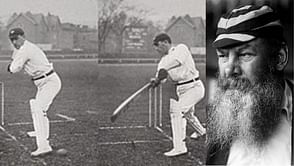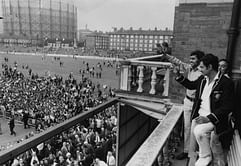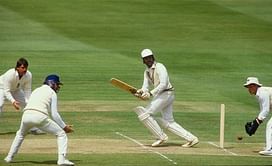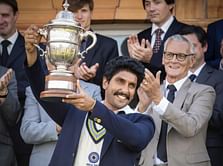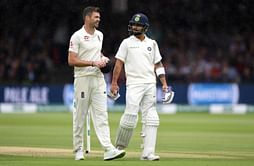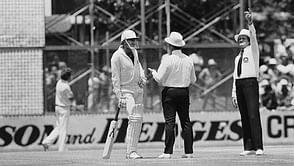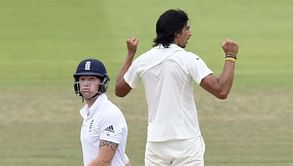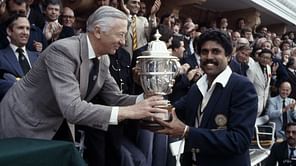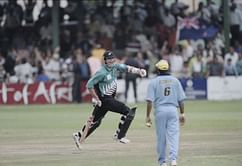Cricket is followed passionately by masses and is also a religion for many around the world. The thrill, the craze and the excitement that the viewers experience is unmatchable to any other game.
The game of cricket has a rich legacy, spanning over three centuries and has given many legendary players over the time. The fan following of the game has also increased gradually with new teams coming up to attain the test or ODI status from the International Cricket Council, cricket’s world governing body.
![]()
Early Days
The earliest traces of cricket dates back to the 16th century as cricket was first mentioned in an Italian-English dictionary in 1598. As time progressed, some references have been made to the game being played in England in various places.
In 1709, the first ever recorded county match was played between Kent and Surrey. The oldest surviving cricket bat dates back to the year 1729 which belongs to John Chitty and has been placed in the pavilion of The Oval.
In 1744, the first known Laws of Cricket were drafted by the Marylebone Cricket Club, which was the cricket's official governing body before the ICC.
Evolution of the game
After the laws of the game were issued, it continued to evolve as various amendments were done while introducing new laws and equipment. The batting pads were invented in the year 1836 and the year 1850 saw the first use of wicket-keeping gloves.
The first official international match was played between Canada and United States in 1844 as enthusiastic crowds were drawn towards the game.
In 1873, English cricketer William Gilbert Grace became the first player to score 1000 runs and take 100 wickets in a season. Grace had a towering presence and revolutionized batting thereby bringing cricket to a mass audience and transforming it. He played first class cricket for a record 44 seasons, from 1865-1908.
These events led to the first test match being organized on 15 March 1877 between England and Australia at Melbourne, which Australia won by 45 runs. The first test match in England was played in 1880 and two years later England lost a test match to Australia for the first time in England.
An obituary notice for the English cricket was given in the Sporting Times which led to the birth of the tradition of The Ashes, cricket's greatest ever rivalry.
In 1909, the Imperial Cricket Conference, now known as International Cricket Council or the ICC was formed.
Cricket in India
Cricket is unarguably India's most popular and most watched sport. The game in the country dates back to the 18th century when the first club, Calcutta Cricket Club, was set up in 1792. Initially, the membership of the club was restricted to Europeans.
Five years later, Bombay hosted its first match which led to Indians beginning to play the game. In 1848, the Parsis formed the Orient Club and used the cast-offs from the Bombay Gymkhana which was an exclusive European Club.
In 1911, under the leadership of Maharaja of Patiala, an All India side toured England and impressed the ICC enough to contemplate over giving them the test status which required a central running body of the game in India.
This led to the Board of Control for Cricket in India(BCCI) coming into existence in 1928. India played its first ever official test match against England in June 1932 at Lord's which England won by 158 runs.
The BCCI in 1934 decided to launch a national competition, the Ranji Trophy which was named after the greatest ever Indian player of that time, KS Ranjitsinhji.
The Brabourne Stadium in Bombay, which was the first major stadium was opened in 1936.
Records
Sachin Tendulkar who is regarded as the God of cricket holds the record for the most runs in test cricket as well as ODI cricket with 15,921 and 18,426 runs respectively.
He also holds the record for most number of centuries in ODI and test cricket with 49 and 51 hundreds respectively.
Muttiah Muralitharan holds the record for most number of wickets in test and ODI history with 800 and 534 wickets respectively.
The longest test innings played by a batsman in cricket history is by Hanif Mohammad of Pakistan. He batted for a mind-boggling 970 minutes while scoring 337 runs against West Indies in 1958.
The highest individual test score belongs to Brian Lara of West Indies who scored an unbeaten 400 against England in Antigua in 2004.
